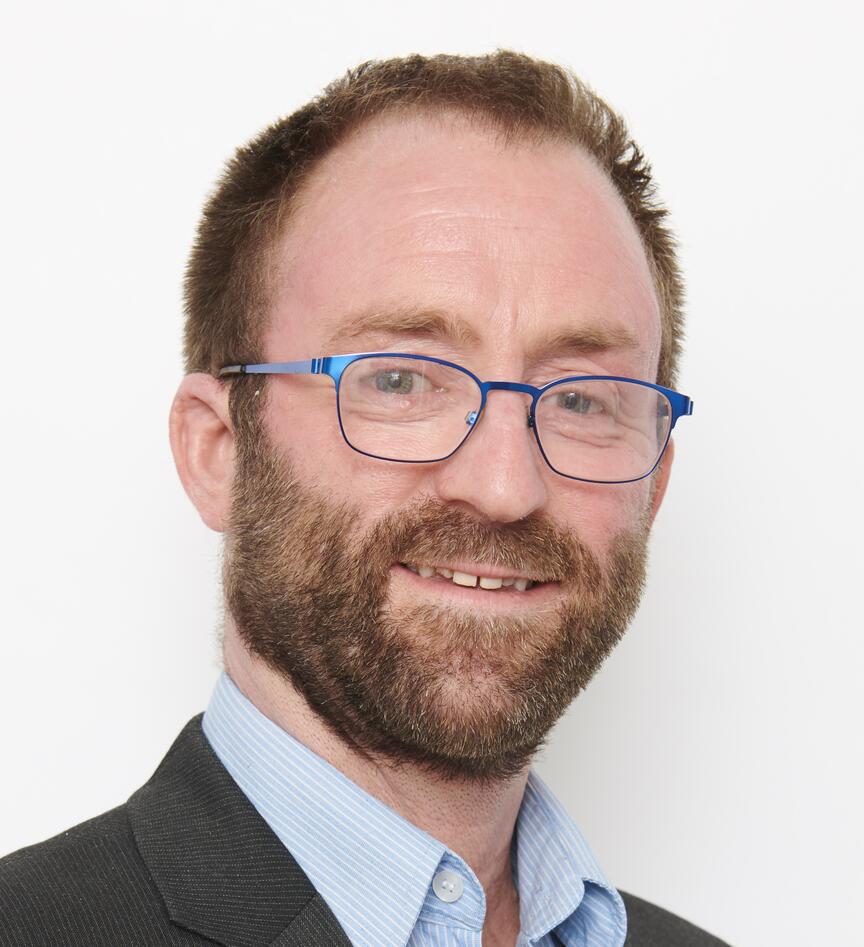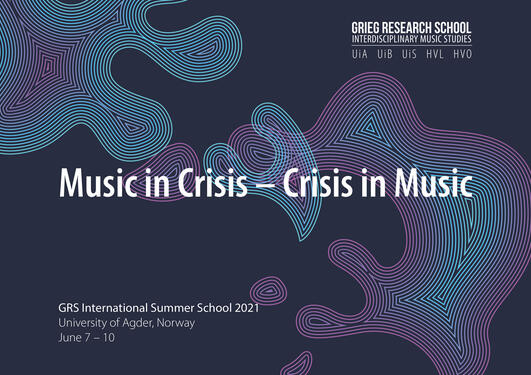Simon Procter
Reframing musical expertise – revisiting the role of the paid-for socially-engaged musician in a re-lit landscape of expertises
Main content
It is often claimed that the Covid pandemic has demonstrated the social power of music, or the extent to which people turn to music for solidarity and community in times of crisis. In the UK, these themes have been used as arguments against government plans to reduce funding for the training of musicians within higher education.
But the pandemic has also cast a new light on the performance and value of non-professional musical expertise. Alongside the endless streaming via social media and websites of concerts from home etc by musicians, ensembles and even orchestras (often made possible by considerable editing and technical wizardry), people who might not usually describe themselves as musicians have stepped up to facilitate music making in more apparently mundane environments. This includes parents facilitating their children’s school-led musical learning, but also health and social care staff who have stepped up in the absence of the usual visiting musicians to provide something comparable, with or without the assistance of the musicians from distance.
Simultaneously, the trained musicians in these scenarios have found their roles altered. Previously cast as the clear leaders of musical activities in settings such as schools or care homes, for example, they have often found themselves either cast instead as advisors to staff who are actually present as they seek to engage residents or students in meaningful musical interactions, or else striving to come to terms with the restrictions and opportunities of online working, which inevitably results in different ways of doing things.
In this presentation I will call for more attention to be paid to the detail of this relighting of the landscape of musical expertises, and flowing from this, more grounded thinking about what exactly it is that trained musicians can usefully bring to such environments – not just in the era of Covid, but thereafter.
Key Questions
- What constitutes musical expertise in social action?
- How does socially useful musical expertise map onto conventional notions of musical skill?
- How can musicians be useful in helping life to get lived as well as possible?
Recommended Reading
Stuge, B. (2021) ‘Artistic Citizenship and the Crafting of Mutual Musical Care’. In K. Holdhus, R. Murphy & M.L. Espeland (eds.) Music Education as Craft: Reframing Theories and Practices. Cham, Switzerland: Springer (pp. 89- 104)
Emmerson, P. (2019) More‐than‐therapeutic landscapes. Area 51:595-602
Milligan, C.. & Wiles, J. (2010) Landscapes of care. Progress in Human Geography 34: 736-754
Biography
Simon is a musician, music therapist and music sociologist. He is a Director of Music Services at Nordoff Robbins in the UK and has overall responsbility for their education, research and pubic affairs activities. He also teaches at the Karol Szymanowski Academy of Music in Katowice, Poland and is a Trustee of the UK’s National Centre for Early Music. Simon’s PhD was an ethnography of music therapy in an urban community mental health centre, supervised by Professor Tia DeNora, and the ethnographic sprit of careful, creative participant-observation, attention to social-musical detail and not taking knowledge for granted continues to underpin all of his work. Much of his current work is concerned with trying to articulate something of the “craft” both of music therapy and more broadly of skilled socially-engaged musical work in general.

